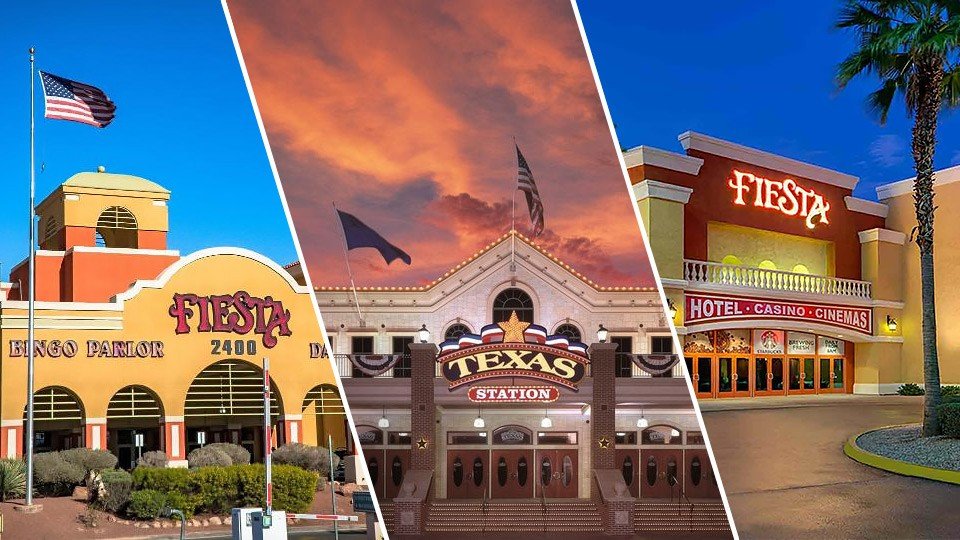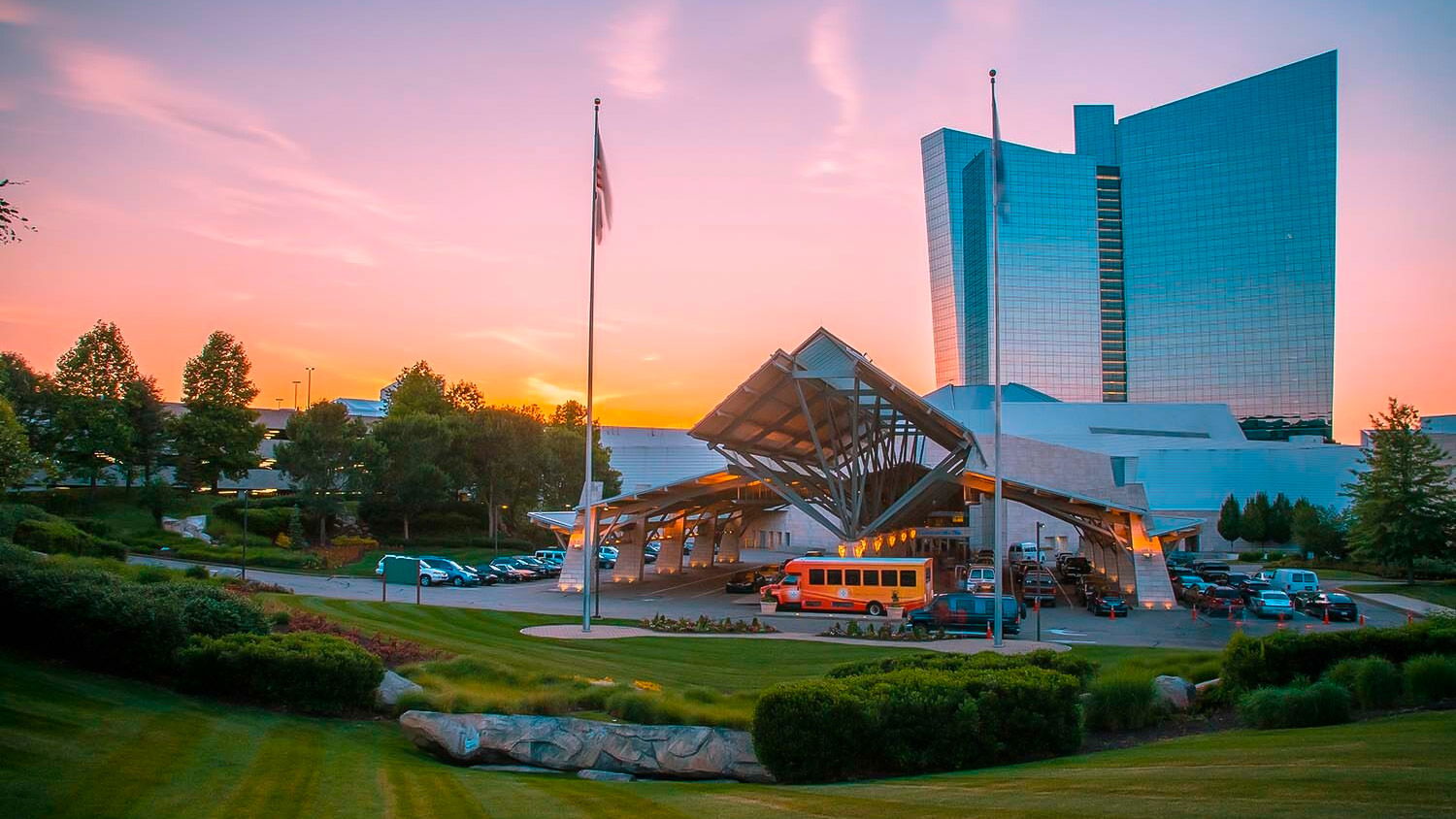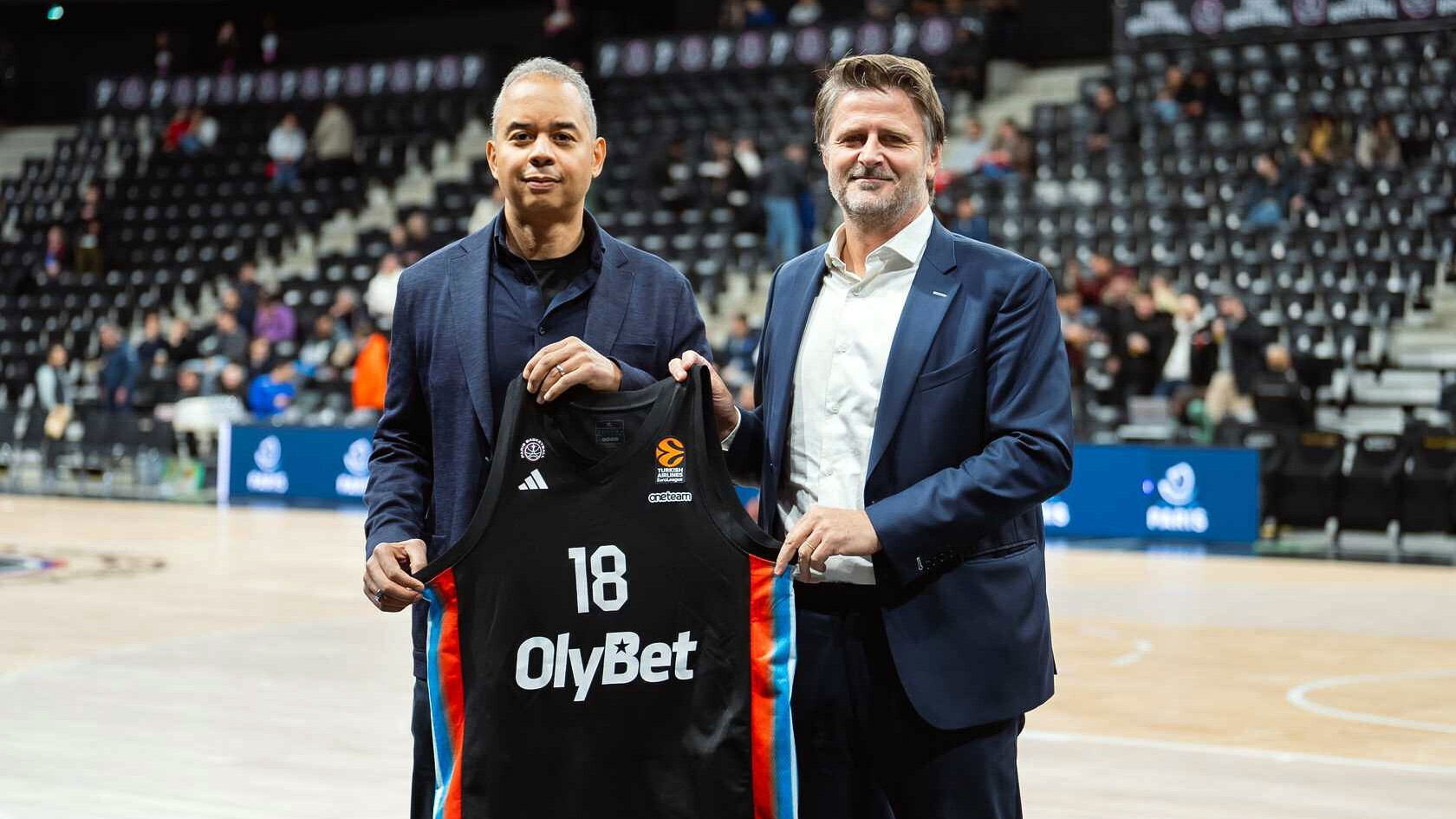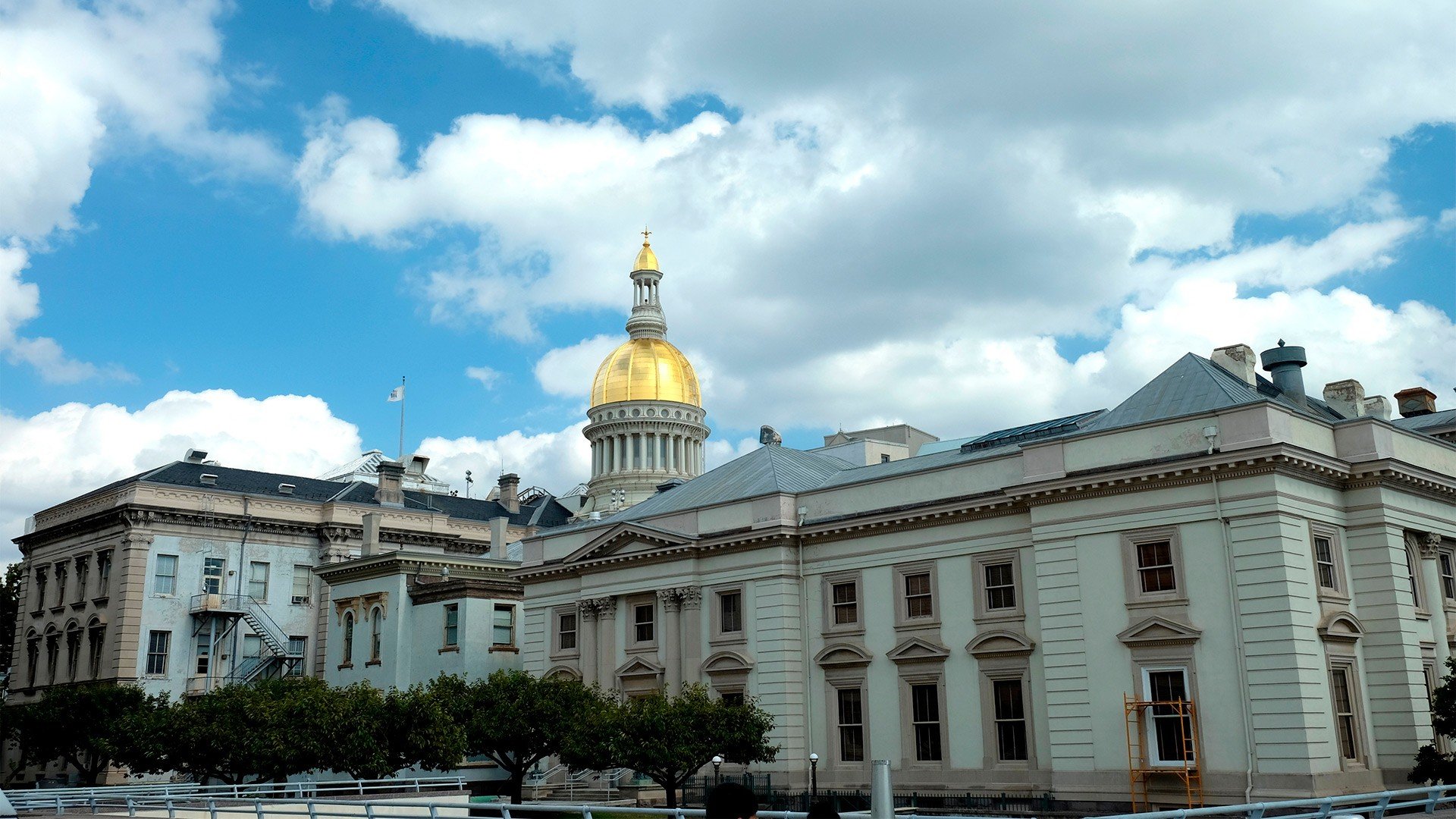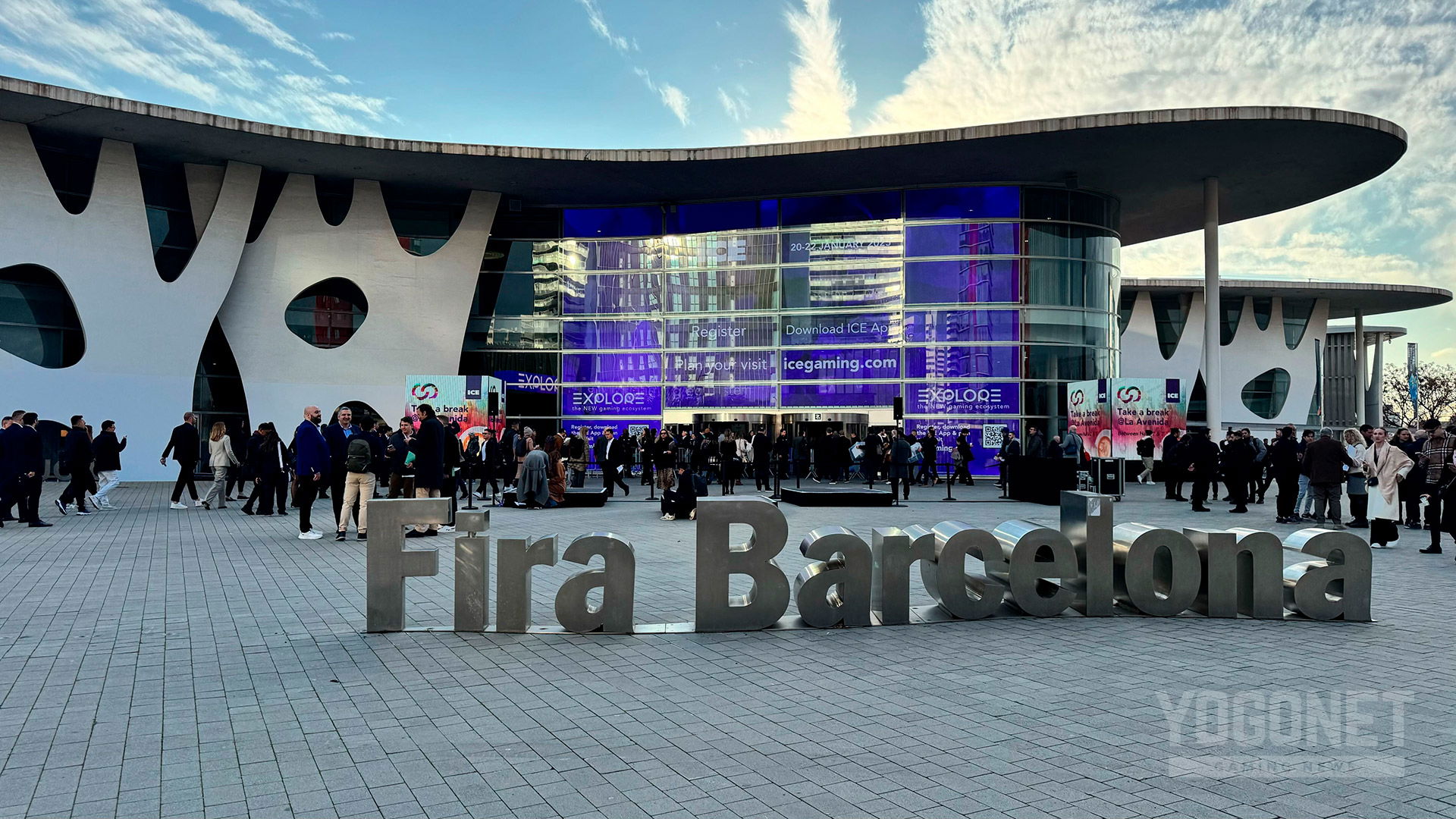Red Rock Resorts posts one of its best-ever quarters in Q2 as it eyes goal to double portfolio size by 2030
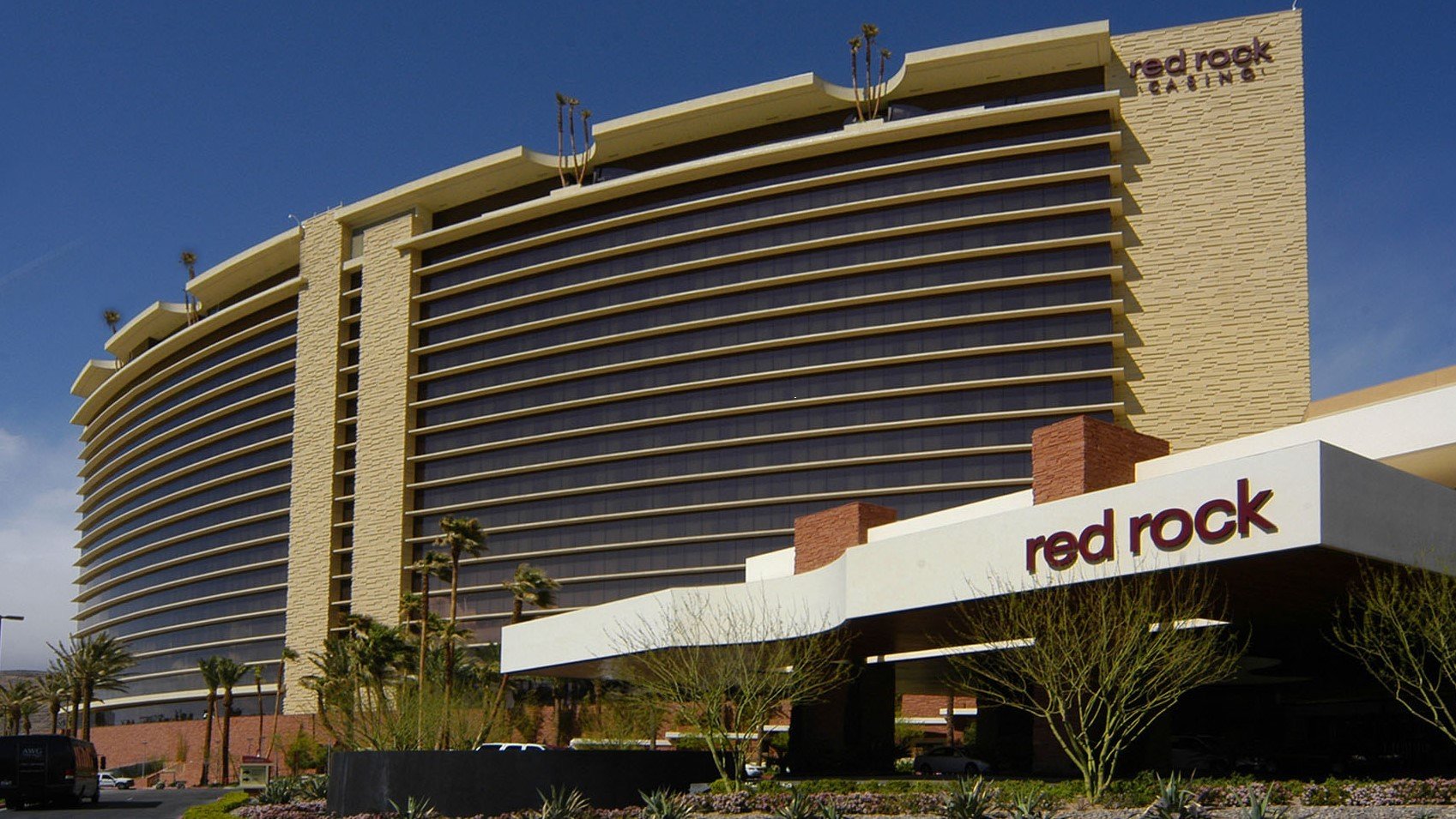
Casino developer and operator Red Rock Resorts has turned one of its best quarters in company history for Q2. The Nevada-based firm posted $422.2 million in revenue, a slight decrease of 1%, or $5.9 million, from the $482.2 million in the same period last year. Meanwhile, net income was down by $110.9 million to a total of $32.4 million. Along with these announcements, officials made public their ambition to “basically double” the company’s portfolio by 2030.
During the period, the company continued to operate its Red Rock, Green Valley Ranch, Santa Fe Station, Boulder Station, Palace Station and Sunset Station properties, along with its Wildfire properties. Texas Station, Fiesta Rancho and Fiesta Henderson remained closed, as the company unveiled last month it intends to demolish them and sell the land beneath. But this move is far from implying the company intends to scale back its portfolio.
On the contrary, company executives said Tuesday the company’s long-term goal is to “basically double” the portfolio by the end of the decade. In the second-quarter earnings call, officials said land acquisition on Las Vegas Boulevard South and a purchase agreement for land at Losee Road and the 215 Expressway in North Las Vegas are part of their ambition to strategically build Station Casinos properties in various growing corners of the Las Vegas Valley.
“We have an unparalleled growth story that will allow us to double the size of our portfolio and position us to capitalize on the very favorable long-term demographic trends and high barriers to entry that characterize the Las Vegas locals market,” told to investors Stephen Cootey, Executive Vice President, Chief Financial Officer and Treasurer of the company, as reported by Las Vegas Review-Journal.
Red Rock's three closed properties
Station Casinos’ parent company also offered an update on the sale of the three closed venues. The operator intends to sell these properties on the condition that a casino cannot take its place, and according to Cootey, potential buyers have already signaled interest in a deal. “We’re seeing an extraordinary amount of inbound calls in demand for those three properties,” the executive further said during the call.
“While these properties have been an important part of our business over many years, our team’s ability to recapture the majority of the gaming play from these venues has made their reopening uneconomic,” Cootey added, according to 8NewsNow. “While the decision was difficult, it was the correct one, and will enable the company to move more quickly to develop and deliver the next generation of Station Casinos resorts.”
Red Rock Resorts has long followed a land purchase and holding strategy, along with its bullish attitude towards the Las Vegas locals market. The company also owns other development sites in Inspirada, Skye Canyon, and at Town Center Drive and Flamingo Road. The business is also developing a Wildfire-branded casino along Fremont Street, near Charleston Boulevard.
Scott Kreeger, Station Casinos President, also noted this strategy in a Tuesday memo to team members, which was retrieved by Review-Journal. “These acquisitions and developments represent the Company’s commitment to Las Vegas, the continuation of our long-term strategy to expand and invest as the Las Vegas valley grows,” Kreeger wrote. “We acquire sites years — and sometimes decades — in advance of actual development to take advantage of the growth in the Las Vegas valley.”
Scott Kreeger, Station Casinos President
However, development is not expected to start at any of the sites until the company completes its Durango Casino & Resort project. The $750 million development, to be located at the 215 Beltway and Durango Drive, is expected to be finalized by the end of 2023. Officials broke ground in March, and the venue is set to feature 2,000 slot machines and 46 table games in a 73,000-square-foot casino.
While company leaders have not yet decided which land will be developed next, they did explain the projects’ sizes are expected to depend on the market and demand, likely resulting in a mix of small and large properties with the ability to expand further. Chairman and CEO Frank Fertitta III further told investors they intend to watch Durango’s opening before choosing the next development site on its road to long-term expansion in the Las Vegas valley.
Durango Station is expected to provide the cash flow to build at the new sites without adding debt, officials said. The executives are very optimistic about the prospects for the property, located in one of the fastest-growing areas of the valley. Additionally, the Durango venue will have no non-restricted gaming competition within a 5-mile radius,
“We expect to basically double the size of the portfolio by 2030, which is kind of what the plans are, and continue to roll out new properties one after the other,” Fertitta added. The company plans to go forward with entitling and zoning all of its properties so that when it opens Durango, and sees how it operates within its market, officials have the option “to go through any of the sites,” according to Cootey.
Q2 results
Other results for the second quarter include an Adjusted EBITDA of $189.9 million, a decrease of 10% from the same period of 2021. As for the company’s specific Las Vegas operations, these delivered net revenues of $420.1 million, slightly down by 1%; while the Adjusted EBITDA from these operations was $203.9 million, a decrease of 8%.
Analysts were positive about the earnings news. In a report to investors, Joseph Greff of J.P. Morgan gave the stock an “overweight” rating, stating the results outperformed the firm’s expectations. “Fundamentals remain sound in the LV Locals market, and we think a lot has to do with its favorable supply-demand dynamic (reduced capacity since the pandemic and population migration from CA to low tax/low cost of living areas like Clark County, NV),” the note reads.
Company officials were satisfied with the performance as well, in particular in the face of economic uncertainty. Executives told investors spending trends among higher- and lower-tier consumers were consistent with the first quarter, and that high gas prices were not affecting local visitation or drive-in traffic from Southern California, according to Review-Journal.
While net income saw a sharp drop of $110.9 million, this was primarily attributed to a one-time budget line related to the company’s decision to permanently close the three properties. All in all, the quarter was the company’s second best when looking at same-store net revenue, Adjusted EBITDA and Adjusted EBITDA margin, only surpassed by last year's record-setting Q2. And when comparing the first quarter of the year to the second, net revenue was up by 5.1%.

These results came amid a number of changes in the company’s existing operations, with Red Rock Resorts now offering new amenities at its venues. These include the recent opening of the Boulder Station food court and the recently announced transformation of the Red Rock property’s buffet space into a new VIP high limit table room, a new casino bar and two new restaurant concepts.
As for cash and cash equivalents at June 30, these were $256.3 million, and total principal amount of debt outstanding at the end of the quarter was $2.8 billion. The company’s Board of Directors has now declared a cash dividend of $0.25 per Class A common share for Q3 of 2022, which will be payable on September 30. Red Rock Resorts shares closed Tuesday down 61 cents, or 1.49%, to $40.25 per share.


